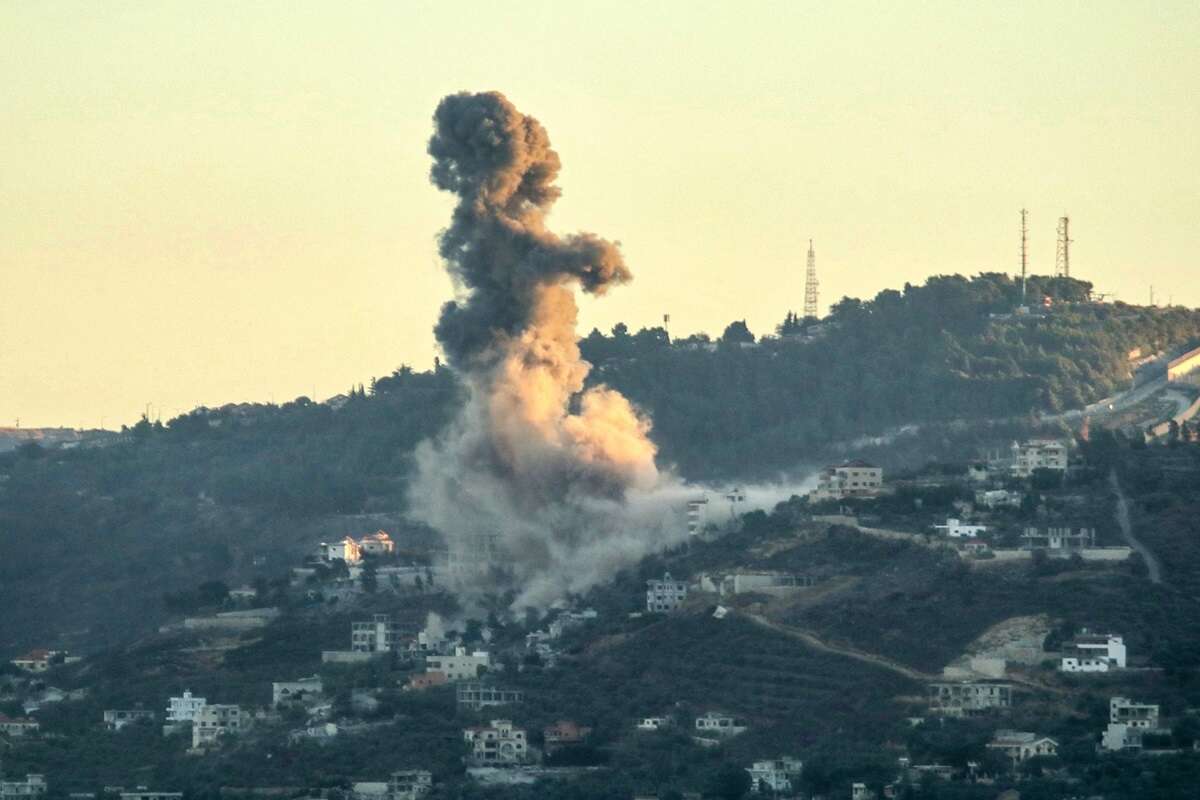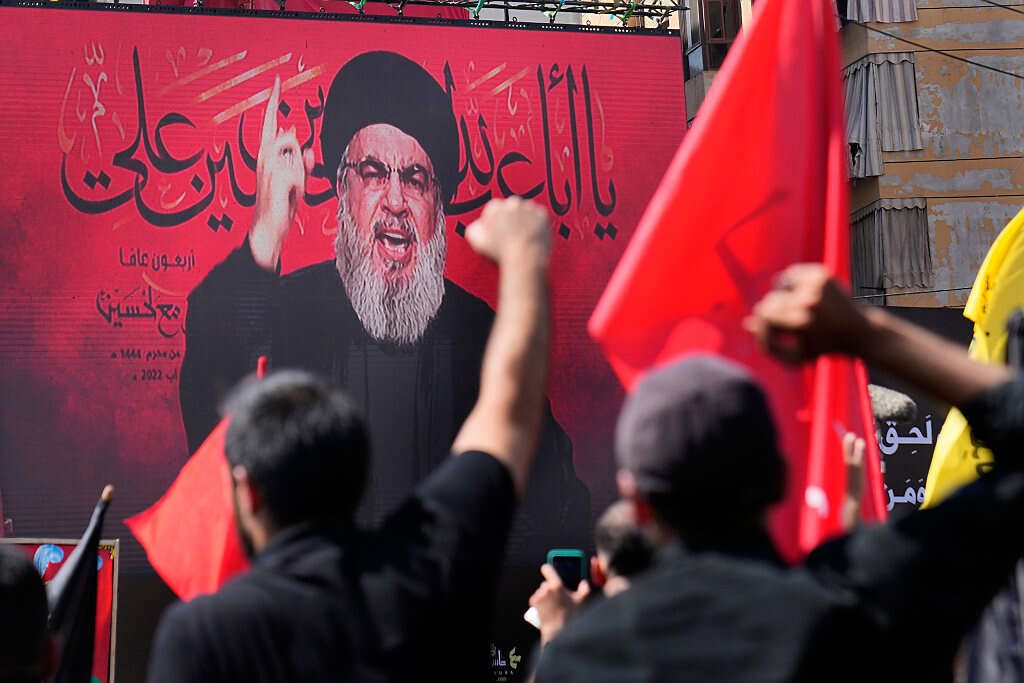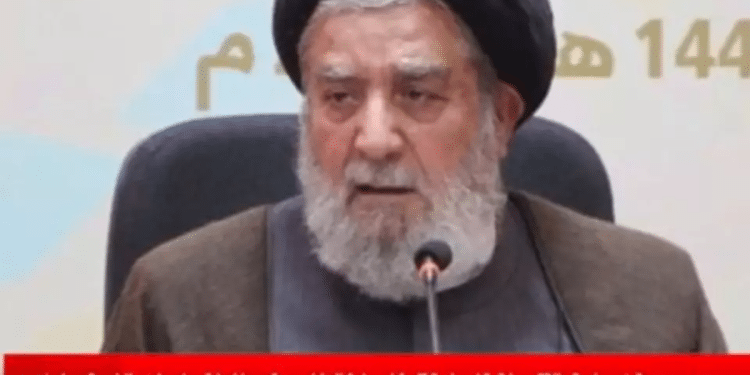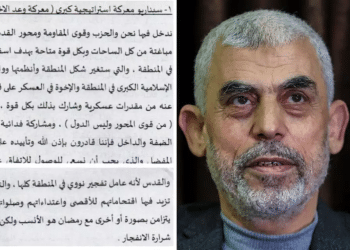Mohammed Ali al-Husseini, a Shiite-Lebanese cleric based in the Gulf, claimed over the weekend that Ibrahim Amin al-Sayyed, head of Hezbollah's political council, is poised to assume the role of secretary-general after Hashem Safi al-Din, who has apparently been killed in an Israeli airstrike on Beirut, and just over a week after its leader for 32 years Hassan Nasrallah was eliminated. The Saudi-owned Al Arabiya news channel corroborated this report.
Al-Sayyed, a cleric hailing from Lebanon's Bekaa Valley, stands as one of Hezbollah's most influential figures. He oversees political relationships with various Lebanese factions and foreign entities. Additionally, al-Sayyed plays a pivotal role in shaping the organization's policies, including its Syrian operations and its conflict with Israel.
Hezbollah swiftly denied rumors about potential candidates for the secretary-general position, as well as reports concerning Hashem Safi al-Din's death in the Israeli airstrike carried out between Thursday night and Friday morning. The organization's spokesperson's office dismissed these claims as "psychological warfare" and "fake news." Despite this, Arab media outlets reported that since the alleged attack, Safi a-Din has been incommunicado and was believed to have been in a destroyed underground bunker. A senior Hezbollah official told Arab media that they would issue a statement when information becomes available.

Previously, Naim Qassem, Nasrallah's deputy and current acting head of the organization, stressed that Hezbollah would follow a structured process to select a Secretary-General and make an official announcement. He asserted that every leader or commander in Hezbollah "has a replacement."
Meanwhile, the Lebanese newspaper Al-Akhbar reported disagreement among international actors regarding Israel's decision "to eliminate Hezbollah at all levels, not just its military structure." This implies targeting its leaders, including Nasrallah and his potential successors.

According to the pro-Hezbollah newspaper, the United States is advocating for the implementation of UN Resolution 1559, not just Resolution 1701. This entails not only withdrawing beyond the Litani River but also dismantling armed groups in Lebanon, including Hezbollah. Saudi Arabia and the United Arab Emirates support this position, calling for a "new political system in Lebanon" and substantial changes to Shiite representation, incorporating technocratic elements.
In contrast, Qatar and Egypt are taking a different approach, offering "incentives" in exchange for concessions from Hezbollah. These two countries oppose Saudi Arabia's plan to completely exclude Hezbollah from power.




